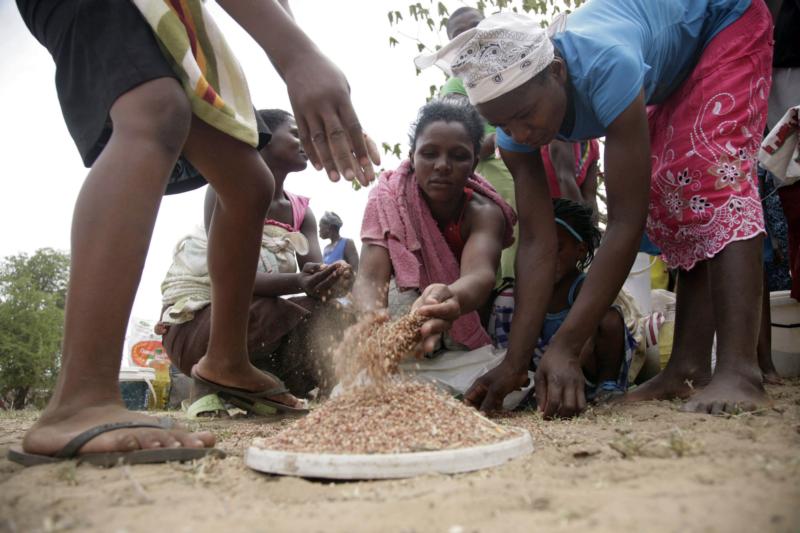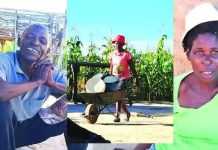
WOMEN and children have borne the brunt of the dire food and economic situation in Zimbabwe, visiting United Nations Special Rapporteur on the Right to Food, Hilal Elver has said.
Elver was addressing a press conference on her preliminary observations since arrival and the meeting she has held with key stakeholders in the country.
The UN Special envoy said there were increased challenges posed by the economic crisis, climate change, natural disasters, corruption and drought on food security and people’s livelihoods as well as on issues related to nutrition.
The crisis is affecting both urban and rural area households, according to Elver.
“As a result, school drop-outs, early marriages, domestic violence, prostitution and sexual exploitation are on the rise throughout Zimbabwe,” said the UN envoy.
Elver has been in the country since 18 November, on a fact- finding mission on the right to food by locals.
“The majority of the children I met were stunted and underweight.
“Child deaths from severe malnutrition have been rising in the past few months. 90 % of Zimbabwean children aged six months to two years are not consuming the minimum acceptable diet,” she told journalists on Thursday.
“I saw the ravaging effects of malnutrition on infants deprived of breast feeding because of their own mothers’ lack of access to adequate food.”
She added: “In a desperate effort to find alternative means of livelihood, some women and children are resorting to coping mechanisms that violate their most fundamental human rights and freedoms.”
Elver said the people she met in the drought-affected areas of Masvingo and Mwenezi districts, located in the driest regions of the country, told harrowing tales of food shortages with most barely managing a plate of food a day.
“Women, the elderly and children are barely able to meet their minimum food needs and are largely dependent on food assistance, while most of the men are abroad seeking work,” she said.
“Without access to a diversified and nutritious diet, rural Zimbabweans, particularly younger children, barely survive and that the agricultural and food system need immediate reform.”
Elver urged government to find solutions to the food crisis.
“I strongly urge the government to take the necessary measures to reduce the country’s dependence on imported food, particularly maize, and to support alternative ways to diversify the diet.
“The government should create the conditions for the production of traditional seeds to ensure the country’s self-sufficiency and preparedness for the climate shocks that hit the country,” said Elver.
The UN Special Rapporteur met government officials, independent institutions, representatives from UN system, the international donor community, civil society organisations and local communities.
She is expected to share her final report to the Human Rights Council in Geneva in March next year.
The Zimbabwe Vulnerability Assessment Committee (ZimVAC) 2019 Rural Livelihoods estimates that 5.5 million people in rural areas are vulnerable and are at risk of food insecurity.





